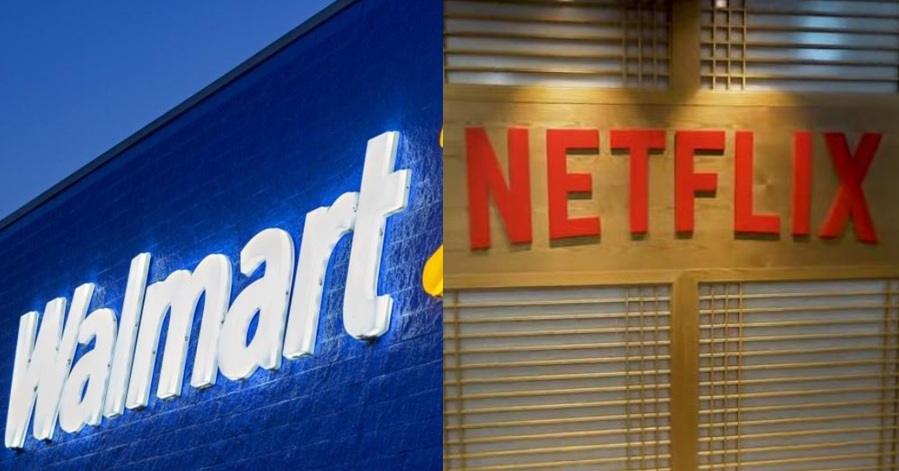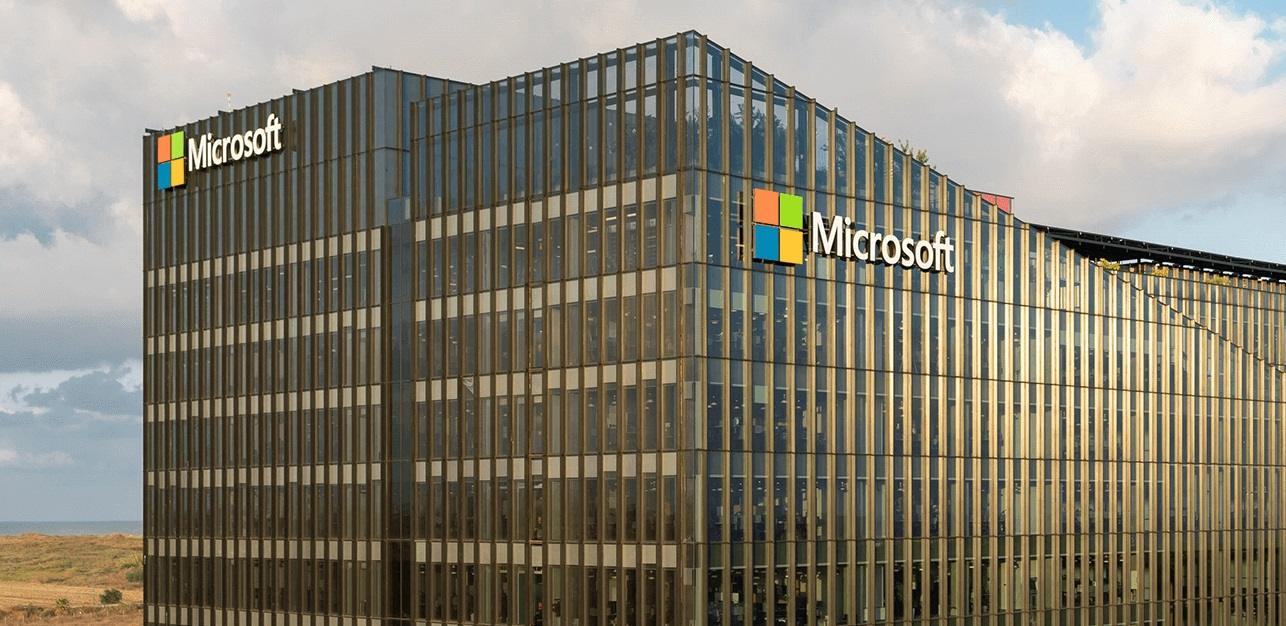More than 99% of Walmart, Netflix Shareholders Reject Anti-DEI Proposals
Shareholders at Walmart and Netflix voted overwhelmingly to reject anti-DEI proposals brought by a conservative shareholder group, with resolutions brought at each company’s annual meeting receiving less than 1% shareholder support.
The votes mark the latest in a series of anti-DEI proposal rejections at major U.S. companies, following similar results at Apple, Amazon, Deere and Goldman Sachs, among several others.
The launch of the proposals followed a series of moves by U.S. companies and investors to pull back on their DEI programs and policies, which began following a Supreme Court ruling that struck down Harvard’s use of race-based affirmative action criteria in college admissions, and led to increased scrutiny over the legality of key aspects of corporate DEI policies.
In its resolution at Walmart, the National Center for Public Policy Research (NCPPR) acknowledged recent moves to pull back from some DEI initiatives, including deciding to not extend its Racial Equity Center, re-evaluating supplier diversity programs, and discontinuing the use of “DEI” as a term, the group said that the company only made these changes after activist Robby Starbuck threatened a campaign against Walmart. The resolution requested that the board issue a report “explaining why it apparently took an external threat of public exposure of Walmart’s policies and practices for Walmart to revise its Diversity, Equity, and Inclusion (DEI) initiatives.”
In its supporting statement, the NCPPR said:
“In addition to concerns about the time it took Walmart to revise its DEI programs, a major concern for Walmart shareholders is that value-destroying DEI initiatives are merely being repackaged rather than eliminated.”
Walmart’s board recommended voting against the proposal, and said in its own statement:
“One of our core values is respect for the individual. We work to create a culture where our customers feel welcome and our associates feel like they belong and their contributions are valued. We want our customers to be excited to shop with us and our associates to see us as the best place to work and to build a career. We believe fostering this type of culture among our associates, customers, suppliers, and communities creates value for our business.”
The Netflix resolution, also brought by the NCPPR, cited the Supreme Court’s Harvard decision, and asked the board to produce a report assessing how the company’s “affirmative action initiatives” impact discrimination risks to the company, stating that the company “apparently continues to practice affirmative action,” by noting actions including its contributions supporting the Black Economic Development Fund, deposits to Black-owned banks, and its spending on suppliers from underrepresented communities, as well as its investments in “the Netflix Fund for Creative Equity, which helps increase training and opportunities within the entertainment industry for people from historically underrepresented groups.”
In its recommendation that shareholders reject the proposal, Netflix’ board said:
“The proposal is unnecessary as Netflix already has a well-established compliance program and relevant policies and practices. Netflix is an equal opportunity employer and does not discriminate in recruiting, hiring, training, or promoting on any basis protected by law.”





